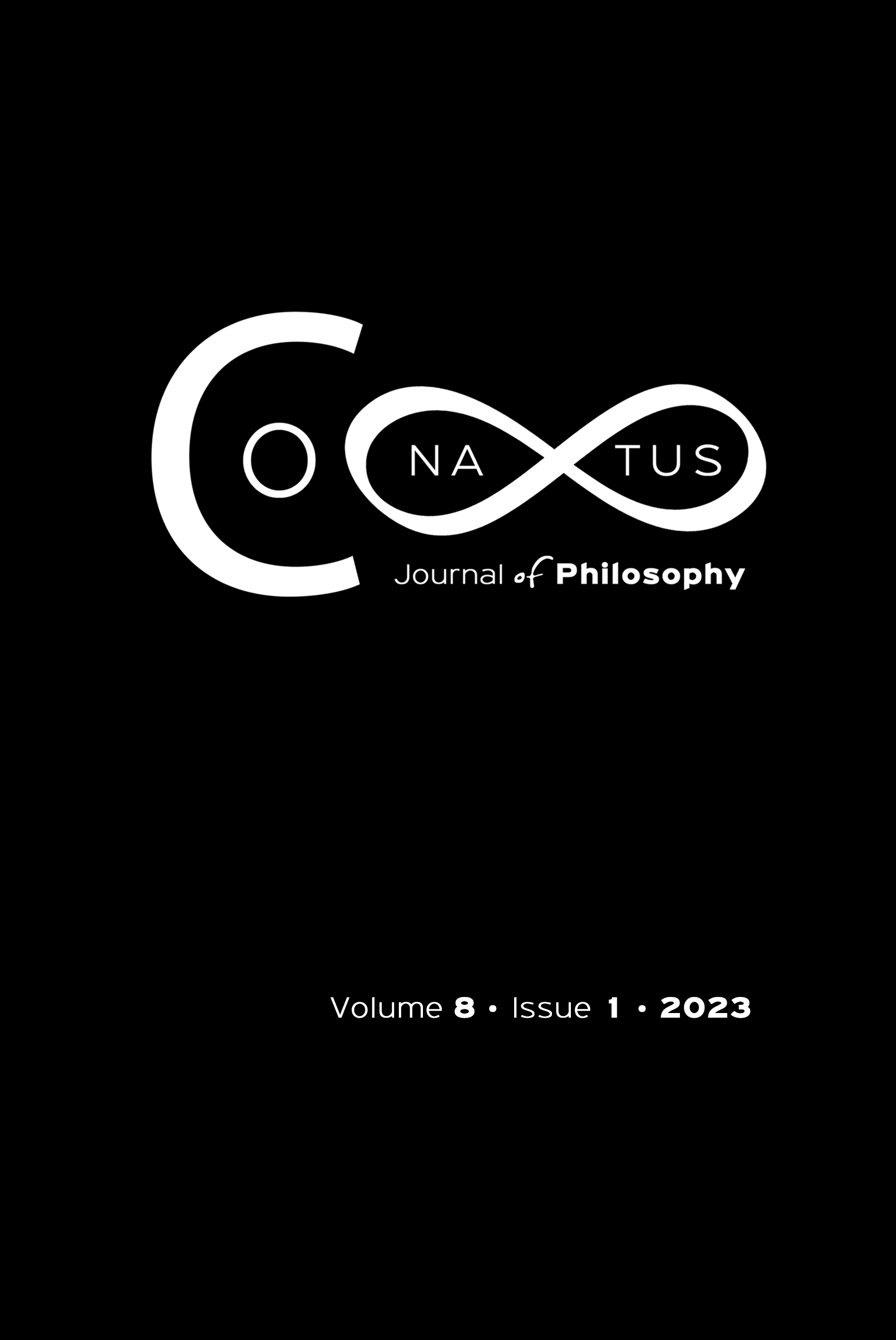Objectivity, Social Sciences, and the Charge of Inferiority

Abstract
This paper challenges the charge of inferiority, on the basis of objectivity, against the social sciences. The idea of objectivity is that facts about the state of the world and entities in it are observed or studied without a taint of personal bias, value judgement or particular perspective. The social sciences are accused of falling short of the requirements of objectivity hence they are considered inferior to the natural sciences which are claimed to merit the requirements. This paper argues that the idea of objectivity has been misleadingly conceived as a method exclusive only to the natural sciences. The paper maintains that if the concept of objectivity is conceptually analysed and conceived in a strict sense, the ideals and requirements of objectivity would be outside the ken of both the natural sciences and the social sciences. However, if the concept of objectivity is conceived in a moderate sense, the social sciences would merit being called objective as much as the natural sciences. Thus, a conceptual analysis will show that both the natural sciences and social sciences are at par on the threshold of objectivity. Thus, the paper submits that the social sciences are not inferior to the natural sciences on the basis of objectivity.
Article Details
- How to Cite
-
Adeyanju, O. M. (2023). Objectivity, Social Sciences, and the Charge of Inferiority. Conatus - Journal of Philosophy, 8(1), 9–28. https://doi.org/10.12681/cjp.25582
- Section
- Articles

This work is licensed under a Creative Commons Attribution-NonCommercial 4.0 International License.
Authors who publish with this journal agree to the following terms:
Authors retain copyright and grant the journal right of first publication with the work simultaneously licensed under a Creative Commons Attribution Non-Commercial International License (CC BY-NC 4.0) that allows others to share the work with an acknowledgement of the work's authorship and initial publication in this journal.
Authors are able to enter into separate, additional contractual arrangements for the non-exclusive distribution of the journal's published version of the work (e.g. post it to an institutional repository or publish it in a book), with an acknowledgement of its initial publication in this journal.
Authors are permitted and encouraged to post their work online (preferably in institutional repositories or on their website) prior to and during the submission process, as it can lead to productive exchanges, as well as earlier and greater citation of published work.





